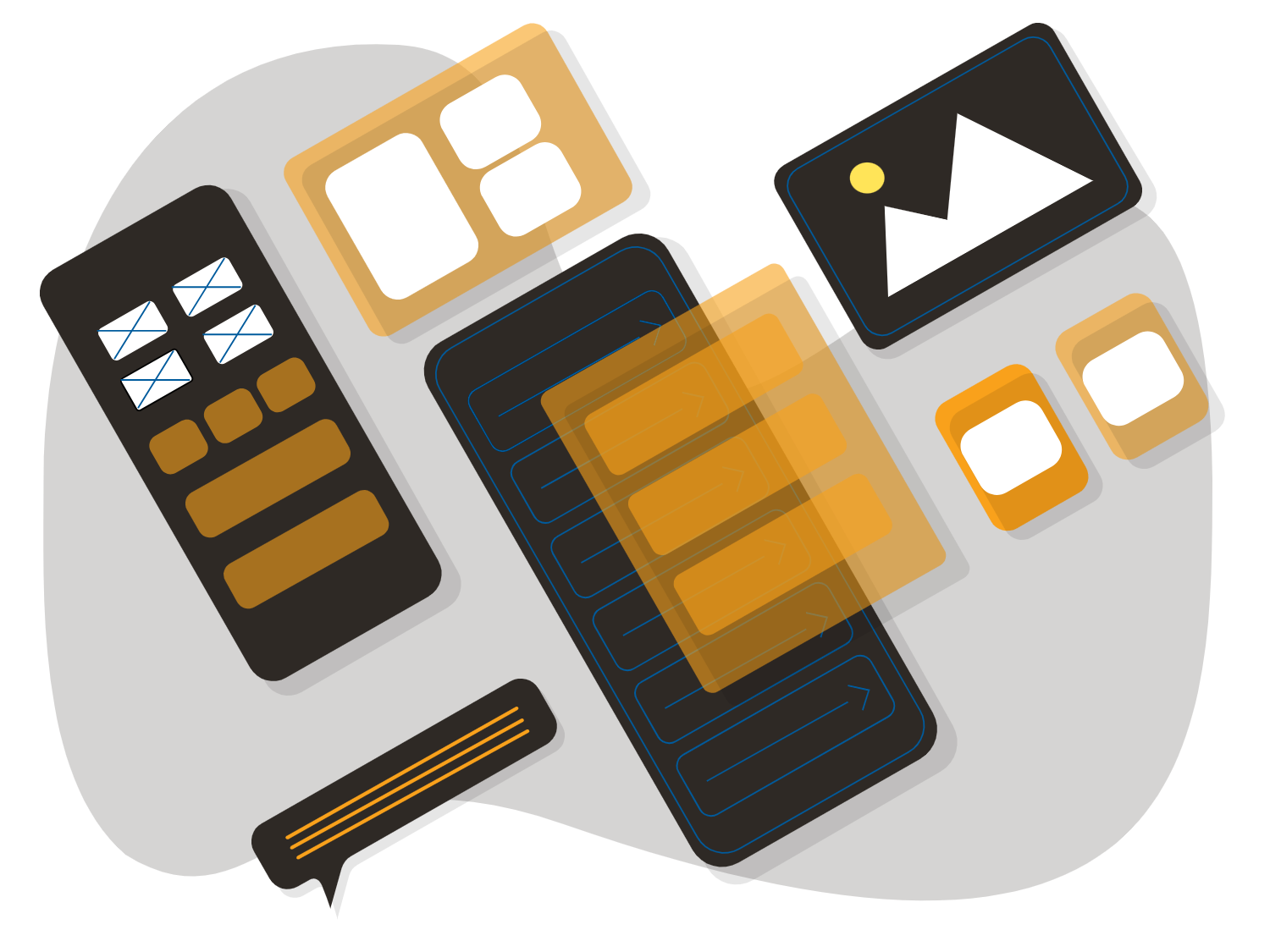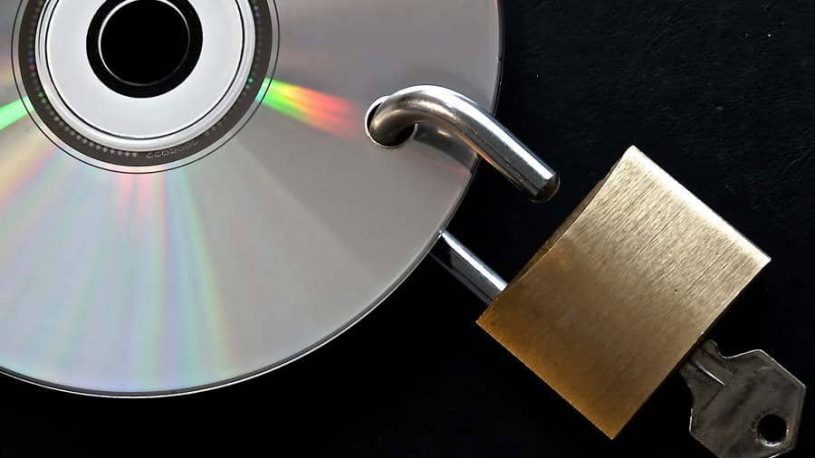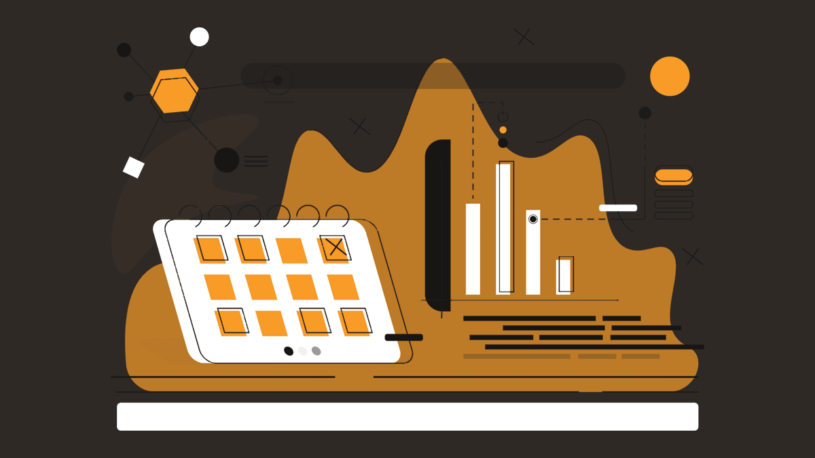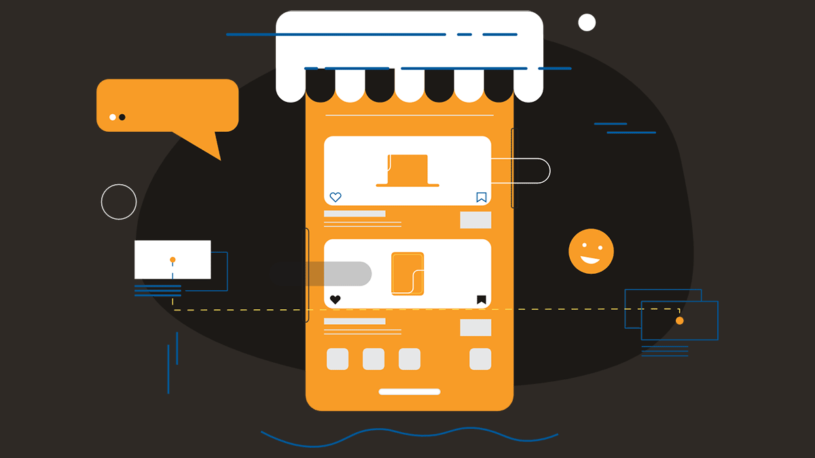

Cookies and Cache Explained
Our lives revolve around the internet and web browsing has become an everyday necessity; it is imperative to understand the underlying technologies that facilitate our online experiences. When it comes to seamlessly accessing websites and ensuring personalized interactions, two vital components come into play: cookies and cache.
We will detail the intricacies of cookies and cache, demystifying their functionalities and providing a comprehensive explanation of how they enhance our browsing activities. So brace yourselves for an enlightening journey as we unravel the fascinating world of cookies and cache!
Understanding Cookies: Tracking Online Activities
Understanding cookies is crucial to fully comprehend the ways our online activities are tracked. Cookies, also known as HTTP cookies or web cookies, are small text files that are stored on a user’s computer when they visit websites.
These files contain information about the user’s browsing habits and preferences, allowing websites to remember specific details such as login credentials and personalized settings.
The main purpose of cookies is to enhance the overall user experience by tailoring website content to individual needs. For example, a shopping website may use cookies to store items in a virtual shopping cart for future reference. Third-party advertisers often utilize tracking cookies to monitor users’ interests and display targeted advertisements based on their browsing history.
While some may view this tracking activity as an invasion of privacy, it is important to understand that cookies can be both beneficial and necessary for efficient web browsing. They enable faster loading times for frequently visited sites by saving certain elements in cache memory. Without these digital data trackers, many personalized features across various platforms would not function properly or at all.
Comprehending how cookies operate within the context of online activities enables individuals to make informed decisions regarding their personal information and privacy settings while enjoying an improved browsing experience.
Types of Cookies and Their Functions
There are several types of cookies that serve different functions in the world of web browsing. The most commonly used cookies are session cookies, which are temporary files that are stored on a user’s computer while they browse a website. These cookies allow the website to remember important information such as login credentials or items added to a shopping cart during the user’s visit.
Persistent cookies, on the other hand, have a longer lifespan and remain on a user’s computer even after they close their browser. They can be utilized to remember user preferences and provide personalized experiences when individuals revisit websites.
Another type of cookie is third-party cookies, which are created by websites other than the one a user is currently visiting. These cookies can track an individual’s online behavior across multiple sites and collect data for advertising purposes.
The cache is another critical component that enhances our browsing experience by temporarily storing web page elements such as images, scripts, and stylesheets locally on our devices. By storing these elements locally rather than downloading them every time we visit a particular webpage, cache reduces load times and improves overall performance.
Cookies enable seamless interactions between users and websites by remembering essential information or providing personalized experiences. Meanwhile, cache optimizes our browsing activities by reducing load times through local storage of key webpage elements. Together, these technologies contribute to an enhanced internet experience for all users.
Benefits and Concerns Regarding Cookies
Cookies have become an integral part of our online experience, providing numerous benefits for both users and website owners. For users, cookies allow websites to remember their preferences and settings, making browsing more convenient and personalized.
Cookies also help in saving time by remembering login information, so users don’t have to manually enter it every time they visit a website. Cookies also enable targeted advertising, which can be beneficial for users who are interested in relevant products or services.
On the other hand, concerns regarding cookies mainly revolve around privacy issues. Some users may feel uncomfortable with websites tracking their activities and collecting data about their online behavior.
There is also the risk of unwanted entities accessing personal information through malicious or insecure websites. However, reputable websites generally ensure user privacy by using secure encryption methods and giving control over cookie settings.
Cache plays a crucial role in enhancing browsing speed and efficiency by storing previously accessed web pages locally on the user’s device. This reduces the amount of data that needs to be downloaded each time a webpage is visited, resulting in faster loading times. Cache also helps decrease bandwidth usage as repeatedly accessed items like images or scripts are retrieved from local storage instead of downloading them again from the internet.
Concerns related to cache primarily center around outdated content being displayed due to stored copies not updating automatically. This can lead to confusion for users when changes made on the website are not immediately reflected on their devices.
While cookies provide valuable benefits in terms of personalization and convenience during web browsing activities, it is important for users to stay informed about how their data is being collected and used by websites. Similarly, cache significantly improves webpage loading speeds but requires proper management to prevent experiencing outdated content or excessive use of device storage space.
Demystifying Cache: Speeding Up Website Loading
Slow website loading speeds can be a frustration and can even result in users abandoning a site altogether. This is where cache comes into play – an often overlooked but critical component that helps to expedite your online experience.
Cache can be thought of as a temporary storage space for data that allows websites to load faster upon subsequent visits. When you first visit a website, your browser stores certain elements of that page including images, scripts, and CSS files in its cache.
When you revisit the same webpage, instead of downloading all those resources again from scratch, your browser retrieves them from the cache quickly.
By utilizing caching technology effectively, websites are able to drastically reduce loading times for users by serving pre-loaded content instead of having to retrieve it afresh each time. This not only enhances user experience but also significantly reduces server load and bandwidth usage.
By leveraging this temporary storage mechanism intelligently, we can ensure quicker access to websites and seamlessly enjoy personalized interactions without unnecessary delays or frustrations caused by slow-loading pages.
Managing Cookies and Cache for Enhanced Privacy
While both cookies and cache enable personalized and efficient web browsing, they also raise concerns about data tracking and potential security vulnerabilities.
Managing cookies involves being selective about which websites you allow to set them or deleting existing ones regularly. By controlling the use of cookies, you can prevent ad networks from tracking your online habits and limit the amount of personal data stored.
Cache, on the other hand, is a temporary storage location that stores website resources to improve loading speed upon subsequent visits. However, it can potentially expose sensitive information if someone gains access to your device or network.
To enhance privacy protection through cache management, it’s advised to clear the cache regularly or configure settings to limit its storage capacity.
By actively managing cookies and clearing cache regularly, individuals can protect their personal information from excessive tracking by third-party advertisers while enjoying faster loading times when revisiting frequently used websites.
It is essential for users to stay informed about these technologies’ functionalities so they can take control over their digital footprints effectively.
Navigating Cookies and Cache for Optimal Web Experience
Understanding the role of cookies and cache in optimizing our web experience is crucial for a seamless and personalized browsing experience. Cookies store information about users’ preferences and interactions with websites, allowing for a customized experience each time they visit. However, it is important to be aware of privacy concerns related to the tracking capabilities of cookies.
Cache plays a critical role in speeding up website loading times by storing temporary copies of web pages, images, and files on our devices. This helps reduce bandwidth usage and improve overall performance. Regularly clearing the cache can help ensure that we are accessing updated content while avoiding potential data storage issues.
By managing both cookies and cache effectively, users can strike a balance between convenience and privacy while maximizing their online activities. It is recommended to regularly review cookie settings on browsers and clear caches if experiencing slow browsing speeds or encountering website errors.
With this knowledge in hand, one can navigate through the digital landscape confidently with an optimal web experience at their fingertips.
Table of Contents









